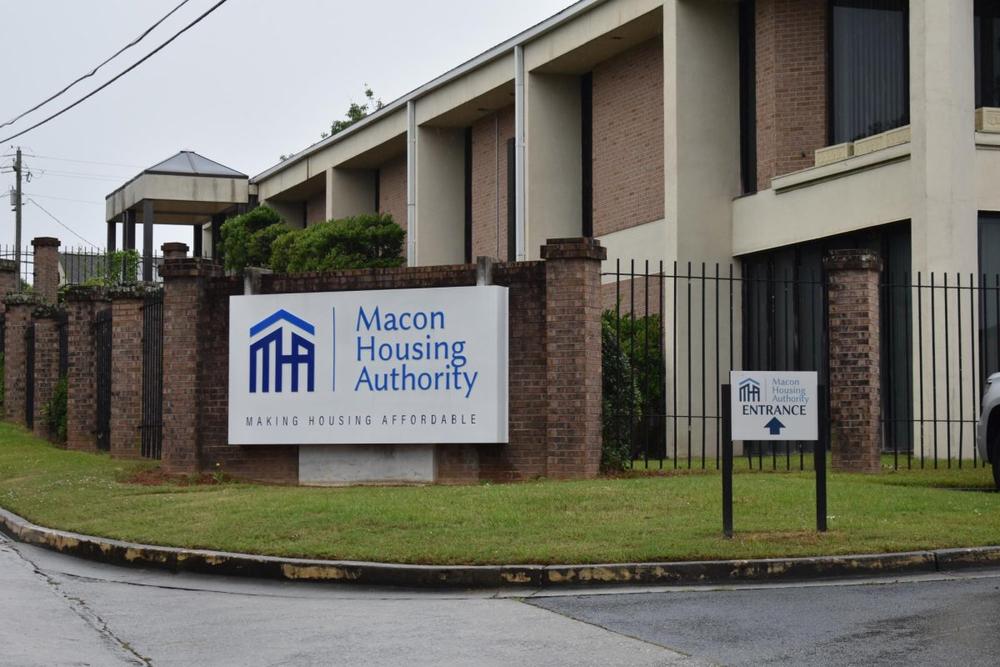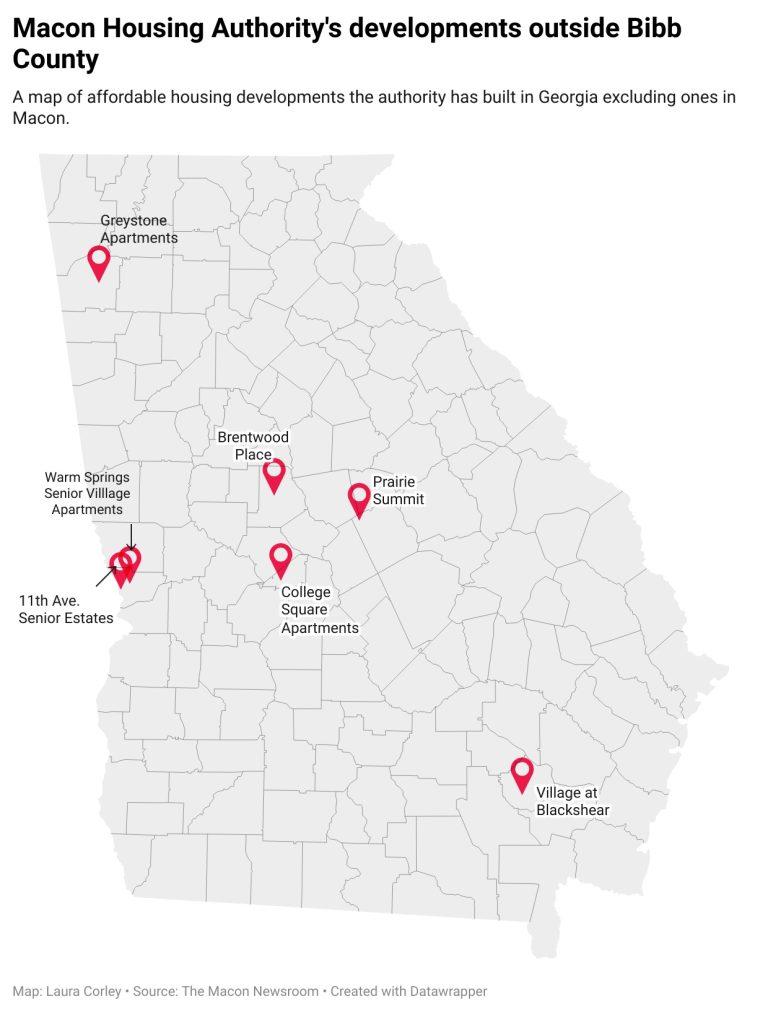
Section Branding
Header Content
Macon Housing Authority plans first-ever development outside Georgia
Primary Content


For the first time in its history, the Macon Housing Authority plans to develop affordable housing outside of Georgia through one of its subsidiary corporations.
In-Fill Housing II Inc., a nonprofit corporation created by the housing authority in 2002, wants to build a 64-unit apartment complex called Montrose Court in Lancaster, South Carolina, about 50 miles south of Charlotte.
“Lancaster County is experiencing explosive growth,” In-Fill II Program Manager Kathleen Mathews said at a recent authority board meeting. “I think it would be just a great spot for development.”
The housing authority and its subsidiaries have developments in cities including Forsyth, Rome and Columbus, but the apartments planned in Lancaster mark its first venture out-of-state.
Bylaws for In-Fill II were amended Thursday at the authority board’s regular monthly meeting to reflect its intent to do business beyond state borders.
“Our mission is still affordable housing and obviously our top priority is always building in Bibb County,” Mathews said. “But any opportunity we have to move out that helps us expand and expand our knowledge, expand our mission.”
Closing on the 8-acre property is contingent on the receipt of Low Income Housing Tax Credits from the South Carolina State Housing Finance and Development Authority. In-Fill II plans to partner with the Lancaster Housing Authority on the application for tax credits, which are awarded in highly competitive processes that vary from state-to-state.
Instead of relying on the often inconsistent stream of congressionally approved funding that flows through the U.S. Department of Housing and Urban Development, the housing authority accomplishes most of its new developments and renovations through the Low Income Housing Tax Credits it can apply for through its subsidiary entities.
“There’s only so many (tax credit) applications you can submit in Georgia, like you can really do like a maximum of two and it’s very competitive,” Mathews said. “Even getting one is a challenge. So it’s just kind of casting our net further.”
The tax credits work like this: a corporate bank gets a break on its annual taxes if it loans money to the nonprofit subsidiary to help it build or renovate a public housing development.
This story comes to GPB through a reporting partnership with the Macon Newsroom.

